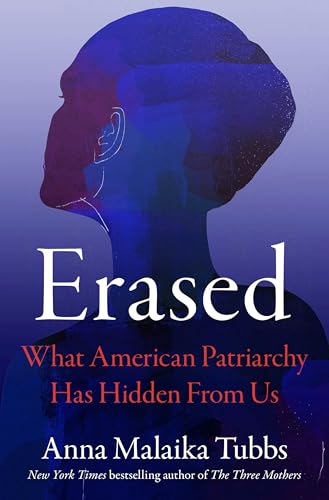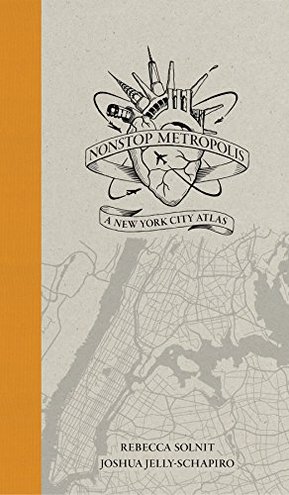Review of Erased
by Johny McFliggen, PhD Literature & Business, Oxford
The clamor surrounding Anna Malaika Tubbs's work, particularly with "The Three Mothers," anticipated a follow-up that would perhaps continue her exploration into the unheralded forces shaping our collective history. If "Erased" is indeed Tubbs's latest foray, it promises to be a piercing examination of American patriarchy—a topic ripe for dissection by someone with Tubbs's intellectual acuity and flair for narrative.
Tubbs's previous work, "The Three Mothers," deftly intertwined the personal and the political, shining a spotlight on Alberta King, Louise Little, and Berdis Baldwin, who collectively served as both the silent architects and unsung heroines of their sons' monumental legacies. With "Erased," one might expect a similar excavation of marginalization—this time focusing on the systemic erasure perpetuated by patriarchy throughout American history.
If Tubbs has indeed turned her scholarly gaze toward patriarchy, she enters a crowded room already inhabited by stalwarts like bell hooks and Rebecca Solnit. Yet, Tubbs's strength lies in her ability to humanize the historical narrative, transforming abstract societal structures into tangible, lived experiences. Her exploration would likely weave personal stories with broader social critique, much like she did in her exploration of motherhood and social activism.
In anticipating "Erased," I imagine Tubbs taking on the Sisyphean task of unraveling the threads of patriarchy with the same care and empathy she demonstrated in "The Three Mothers." It would be a work that challenges readers not only to recognize historical injustices but also to reckon with their own complicity in perpetuating these systems.
Given her track record, Tubbs would likely employ a narrative style that is both accessible and deeply engaging, eschewing dry academic discourse for something more akin to the rich storytelling found in Isabel Wilkerson's "Caste" or James Baldwin's essays. Her approach could very well include comparisons to contemporary movements and figures who have sought to dismantle patriarchal norms—perhaps even drawing parallels to recent cultural moments reminiscent of "The Handmaid's Tale" revivalism in our current socio-political climate.
Ultimately, if "Erased" aligns with Tubbs's prior work, it will be less a mere historical account and more an invitation for readers to engage in active reflection. It would demand not just to be read but to be wrestled with—a quality all too rare in contemporary non-fiction. Whether or not such a book exists under Tubbs's authorship remains to be seen, but if it does, it promises to be a necessary contribution to both feminist literature and the wider discourse on power dynamics in America.
Purchase Link: Erased on Amazon



